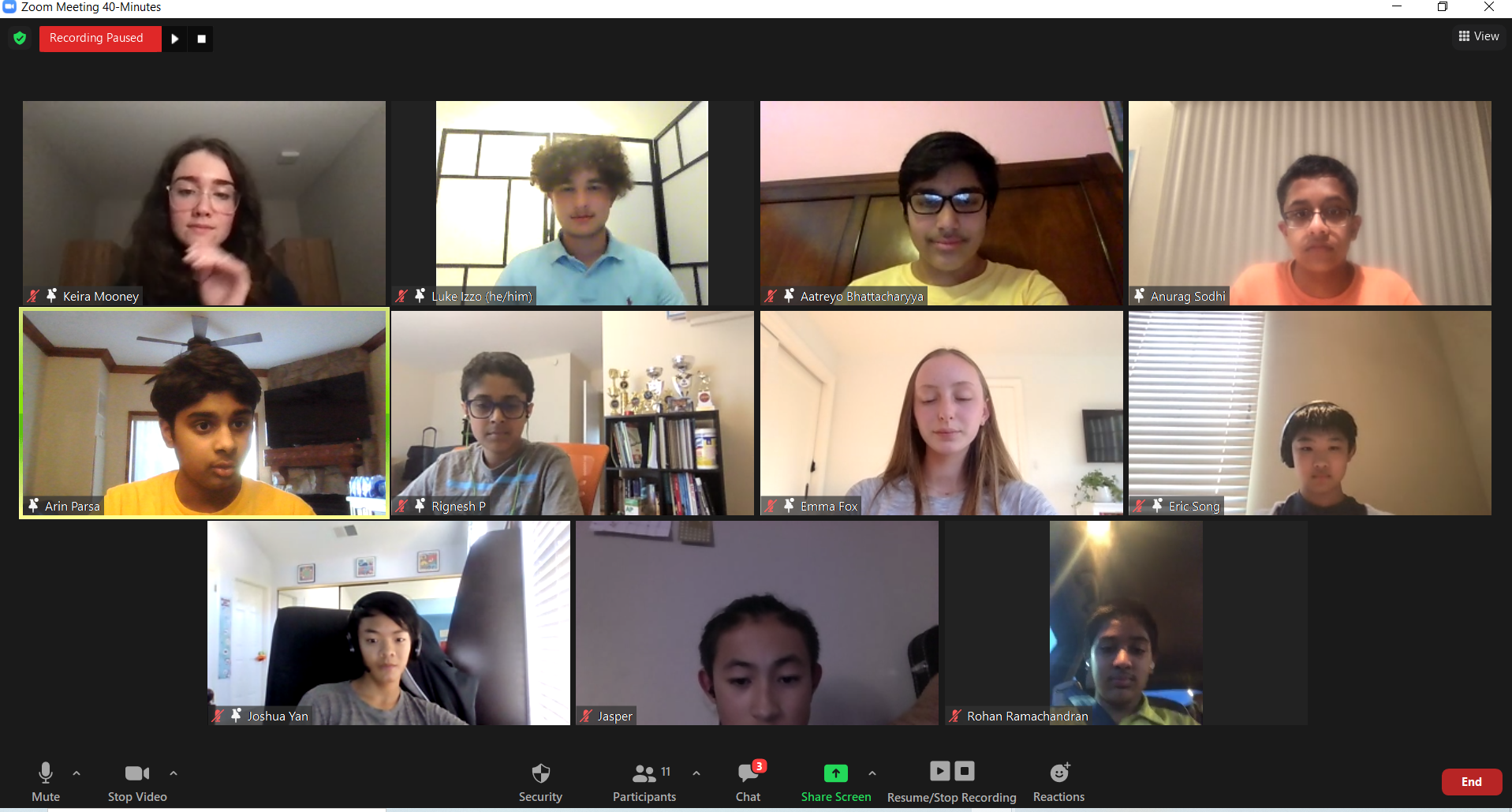Amid a national COVID-19 vaccine rollout now defined by pockets of hesitancy across the U.S., children and parents are debating who has the right to make decisions about young people getting the shot.
“The fact that teens have not at all been involved in the discussion, it has been the most shocking,” Arin Parsa, the 13-year-old founder of Teens for Vaccines, told BuzzFeed News.

Parsa, a ninth-grader in San Jose, California, started his organization to support the creation of minor consent laws, report vaccine-related misinformation that appears on social media, and help teens talk to their parents or guardians about wanting to get vaccinated.
“[Teens with anti-vax parents and guardians] are living in sheer fear, sadness, and frustration,” Parsa said. “The issue goes far beyond public health, parental assurance. The mental health of teens suffering in silence matters. They deserve to be heard before laws are passed that affect them. This decision by the [North Carolina] Senate to require parental consent can set a dangerous precedent and is most certainly regressive.”
Parsa said he was extremely frustrated after lawmakers' decisions in states like North Carolina, adding he’s upset teens haven’t been part of similar conversations in Tennessee. Officials there took measures to shift vaccine decision-making to parents last month when the state health department temporarily paused all vaccine-related outreach to teens.
“The reason that we paused is because we wanted to leave no room for interpretation,” Tennessee Health Commissioner Lisa Piercey said in a July press conference. “There was a perception that we were marketing to children, and that totally was against our view about the importance of parental authority. We strongly believe that parents are the best decision-makers when it comes to medical decisions for their children.”
The move was a response to Republican lawmakers who criticized the agency for doing vaccine outreach to teens in schools and on social media.
Piercey said Tennessee would continue administering COVID-19 vaccines under its doctrine that states minors ages 14 or older don’t need parental consent to receive medical treatments, including vaccinations. But she said the state would do so only in “fringe and nuanced” cases.
The resumption of outreach came on the heels of the health department firing its top official, Dr. Michelle Fiscus, after she shared accurate information with medical providers about the doctrine.
“This generation is very savvy. They know how to find information and are often skilled at discerning the quality of information they find,” Fiscus said.
For teens like 13-year-old Rohan Ramachandran, a Vaccines for Teens ambassador in Nashville, now it’s about getting that information out.
“A lot of my friends are pretty angry about the situation,” he said. “We’re just getting more motivated.”